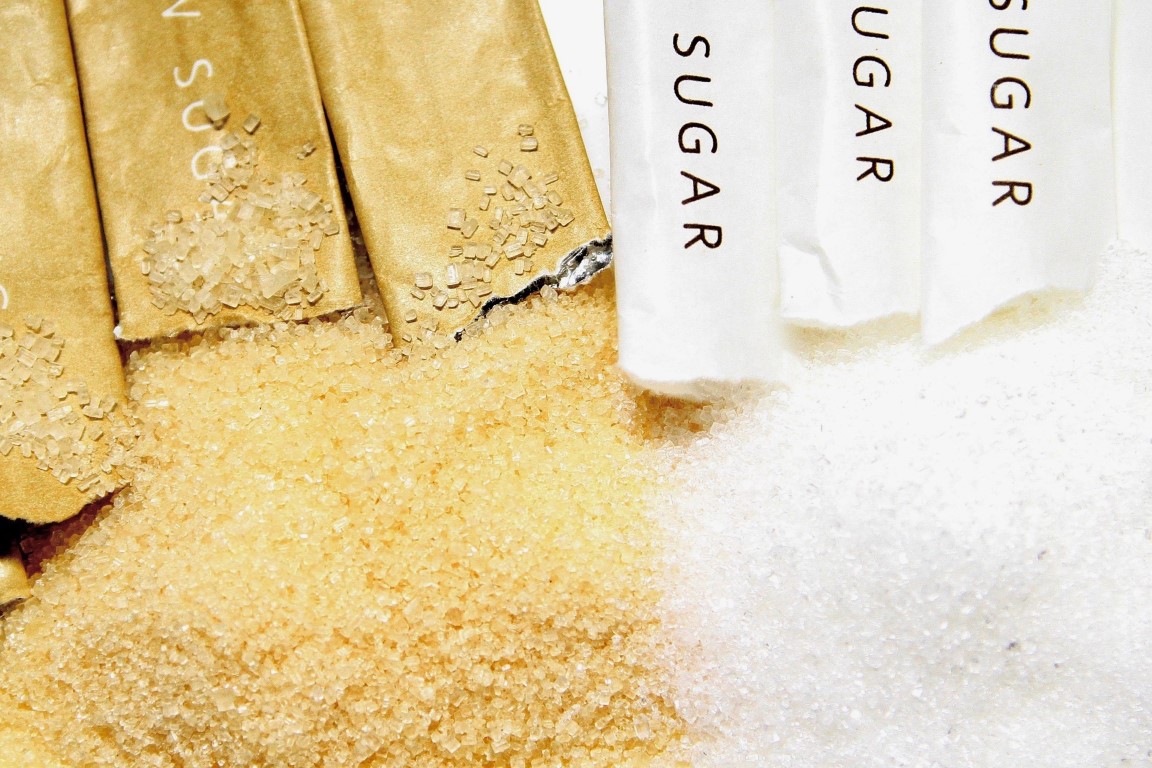Exposing your teeth and gum tissue to sugar is one of the biggest concerns in oral health care. As sugar clings to teeth and seeps into the gum tissue, it breeds bacteria that can cause decay and disease. However, a deeper understanding of the relationship between sugar and oral health can help you take better care of your teeth, so these issues won't become a problem. While you should visit a dental centre in Ottawa at your earliest convenience, this brief overview can give you a head start on taking better care of your teeth and gum tissue.
How Does Sugar Damage Oral Health?
Your mouth is a breeding ground for bacteria and, while there are hundreds of types of bacteria thriving in your mouth, not all of them are bad. Your mouth also contains beneficial bacteria that helps protect your teeth. However, they can do little good when you flood your mouth with sugar. The sugar you ingest has a tendency to linger in the mouth, feeding harmful bacteria and allowing it to grow. As the harmful bacteria grows, it produces acid, which is responsible for eroding tooth enamel. The enamel is the outer coating of each tooth that helps protect it from decay, but, once acid begins eating away at this substance, the inner parts of the tooth are exposed. As holes in the enamel appear, the bacteria get past this barrier and infect the inner surface of the tooth. This bacterial infection is what causes the cavity to develop. Left untreated, the infection will continue to grow. Once it extends down deep enough to affect the root and nerve endings, you will begin to experience the pain of a toothache. When treatment is delayed for a prolonged period of time, the infection can go deeper still, causing an infection to the gum tissue and bone loss.
Sugary Foods to Avoid
While it's a good idea to avoid sugar as much as possible. There are some foods that have been found to be especially hazardous to oral health. Here is a short list of the most dangerous foods.
- Sour Candy: While all candy is bad for your oral health, sour candy is especially disastrous. In order to create that sour taste, manufacturers add several different types of acids that can speed up the decay of tooth enamel. Additionally, this type of candy is soft and chewy, which causes it to stick to the tooth and gum tissue.
- White Breads: White bread products are refined carbs that the body easily breaks down into glucose, which is also known as sugar. To avoid adding sugar from this source, switch to the whole grain products, because these products are more difficult to break down.
- Alcohol: You have probably noticed that you feel thirstier after a few alcoholic drinks. This is because the alcohol dries out your mouth and inhibits your ability to produce saliva. Your oral health depends on saliva, because it washes sugar and bacteria from the mouth to protect your teeth and gum tissue.
- Soft Drinks and Citric Juices: These beverages attack your mouth in two ways. First, there's the high concentration that feeds the bacteria already existing in your mouth. Secondly, soda contains added acids that preserve the flavour and carbonation in the beverage. That acid also acts to cause faster erosion of tooth enamel, which is why people who frequently drink soda develop cavities more often. The natural acids in citric juices affect your oral health in the same way.
Caring for Your Teeth After Eating Sugary Foods
While it's important to brush your teeth at least twice per day, you should brush more frequently when you eat sugary foods. You should use a fluoride toothpaste and also rinse with a fluoride mouthwash. Additionally, be sure to floss after eating soft or chewy foods to help remove food particles from between teeth. A dental water pick can help flush these particles from the space between the tooth and gum line for added protection. Just as you should brush more frequently, flossing more than once per day may be necessary if you do eat sweets frequently.
Regular dental check ups should be an essential part of your routine regardless of your diet. It's more cost-efficient and less painful to treat tooth decay early on than it is to wait. Regular cleanings and check-ups can help you avoid root canal procedures, tooth extractions, and other more invasive procedures. Visit the Upper Hunt Club Dental Centre in South Ottawa today to get a dental check up. Contact us today to book an appointment, together, you and your dentist can keep your smile bright and healthy.













